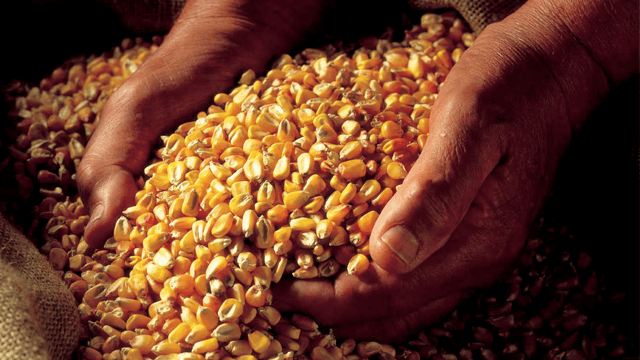Grain based processing
Alfa Laval serves ethanol plants that process all kinds of starch-based raw materials, such as wheat, corn, rice, cassava and sorghum. Alfa Laval’s unrivalled know-how and process expertise save you energy, space and money on your ethanol production.
Pre-treatment
Alfa Laval WideGap plate heat exchangers are configured to provide the highest efficiency for cooling and heat recovery for challenging grain mash, regardless of the raw material used.
For wheat-based plants our gluten separation systems provide a reliable way to extract additional value from the process.
Fermentation
Alfa Laval WideGap solutions keep the fermentation temperature under control, even when the cooling water is just a degree cooler than the fermenter temperature. Alfa Laval tank cleaning equipment ensures rapid, reliable cleaning of the fermenter, improving both yields and reliability.
Distillation/dehydration
Extremely compact Alfa Laval heat exchangers make installation easier and use space more efficiently. The reboilers make it possible to work with even small temperature differences that optimize energy efficiency still further by using lower-quality heat sources.
Alfa Laval flexible gasketed heat exchangers are the most durable equipment available for pressure swing dehydration, where fatigue is often a problem.
Stillage
Alfa Laval decanter centrifuges and plate evaporators ensure maximum uptime and minimum maintenance during stillage dewatering and concentration.
Alfa Laval AlfaFlash forced-circulation flash evaporators are used to reach high concentrations in the most energy-efficient way. Alfa Laval decanter centrifuges provide superior separation with the lowest power consumption, thanks to power plate technology.
Alfa Laval high-speed separators can be used to recover valuable corn oil between two evaporator effects.
Alfa Laval membranes are used for polishing evaporation condensate.

